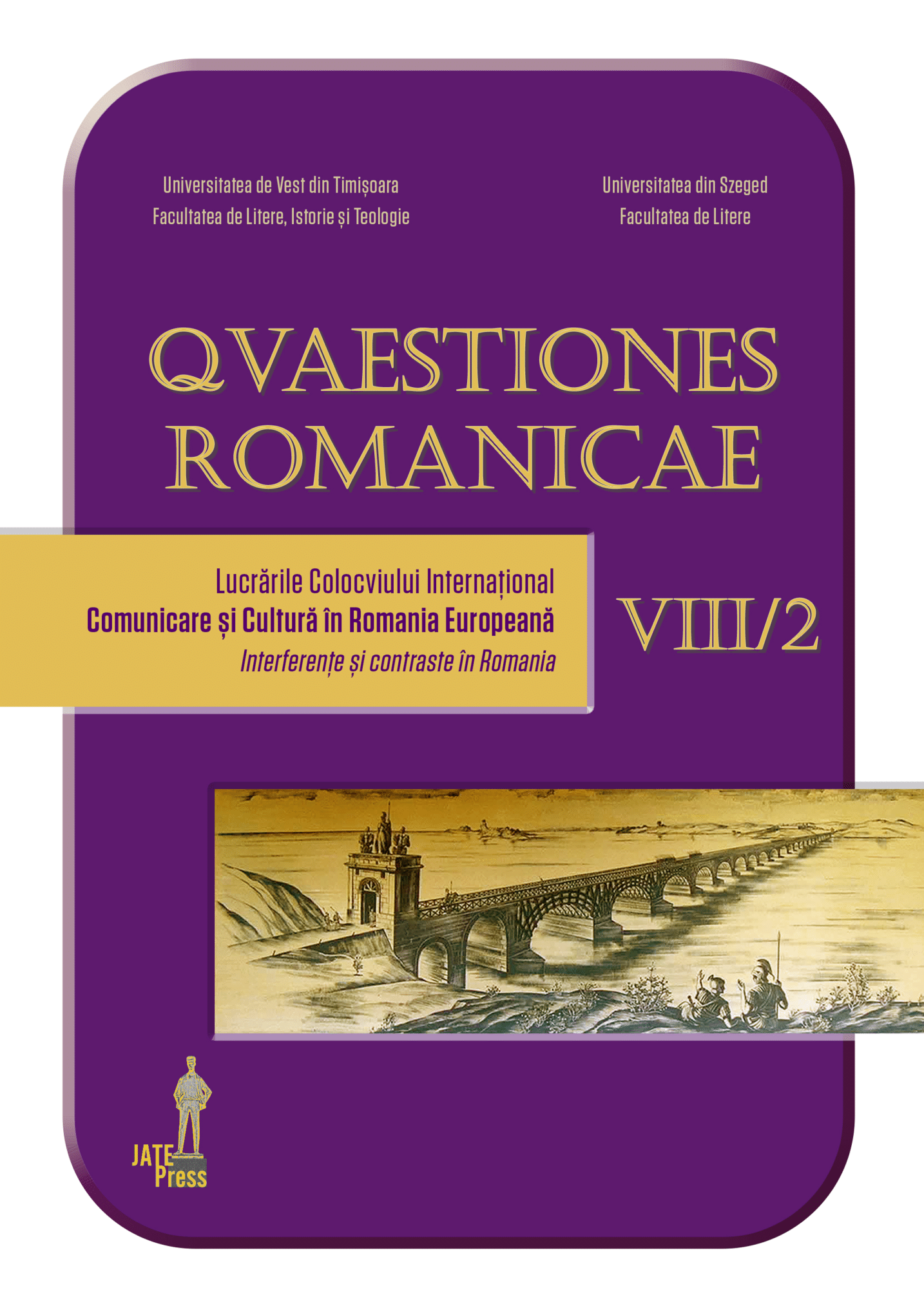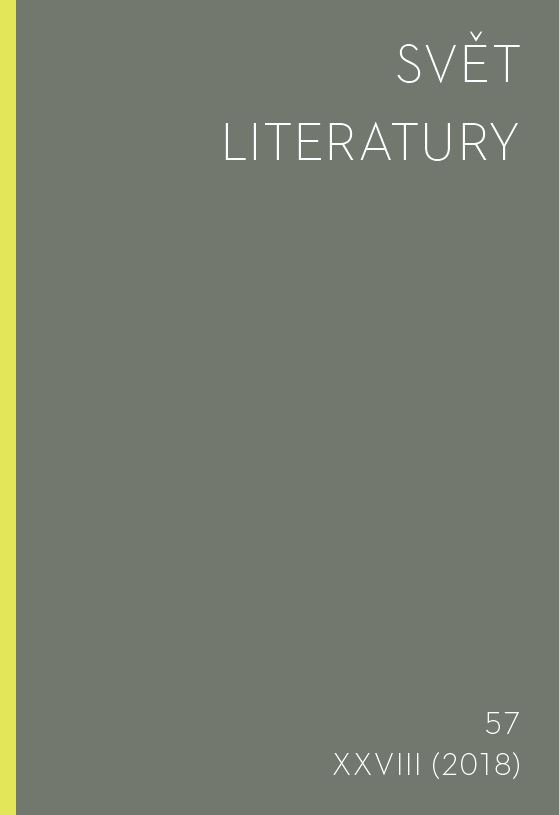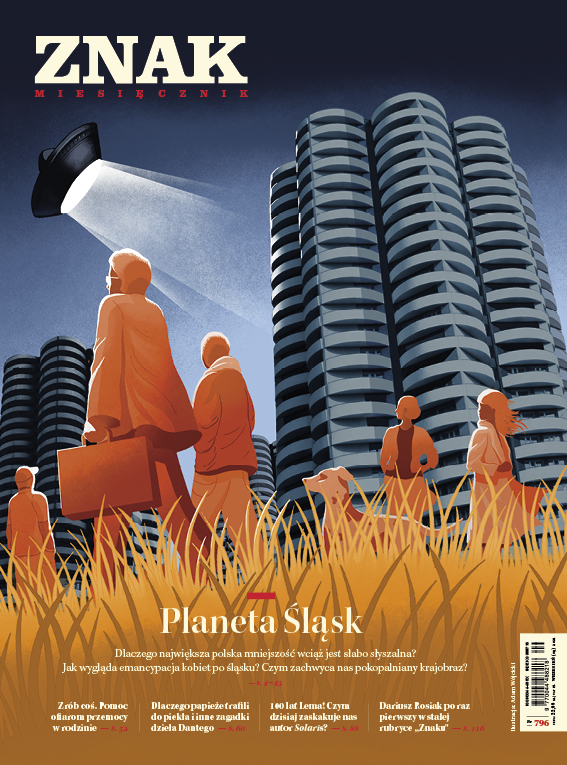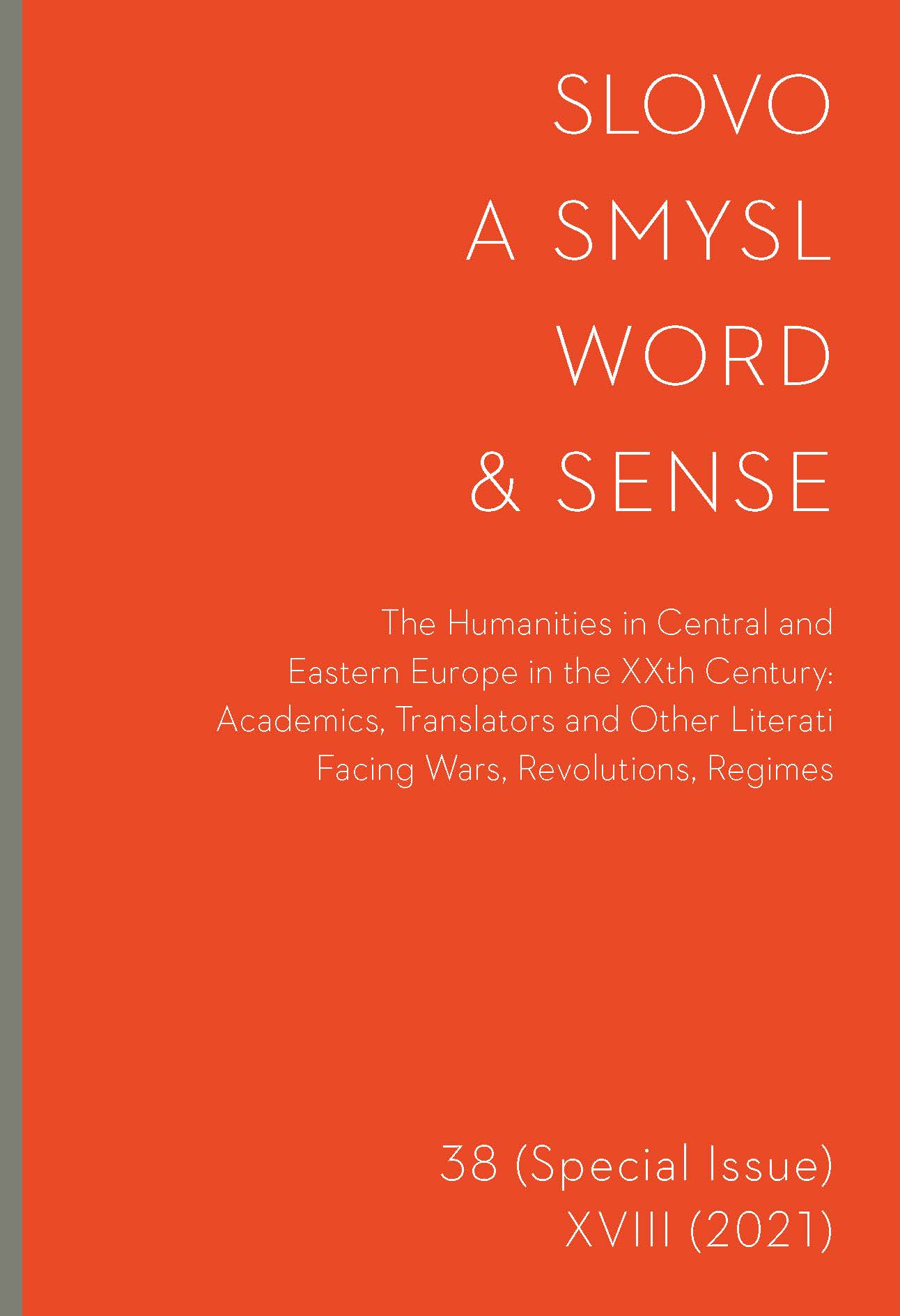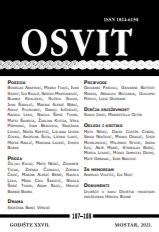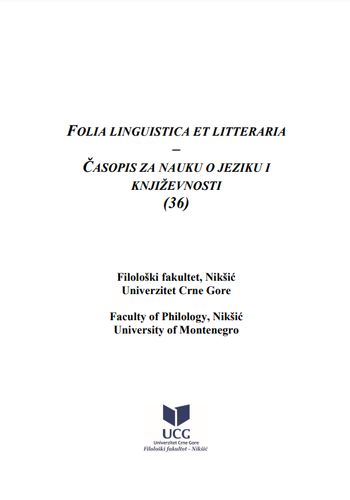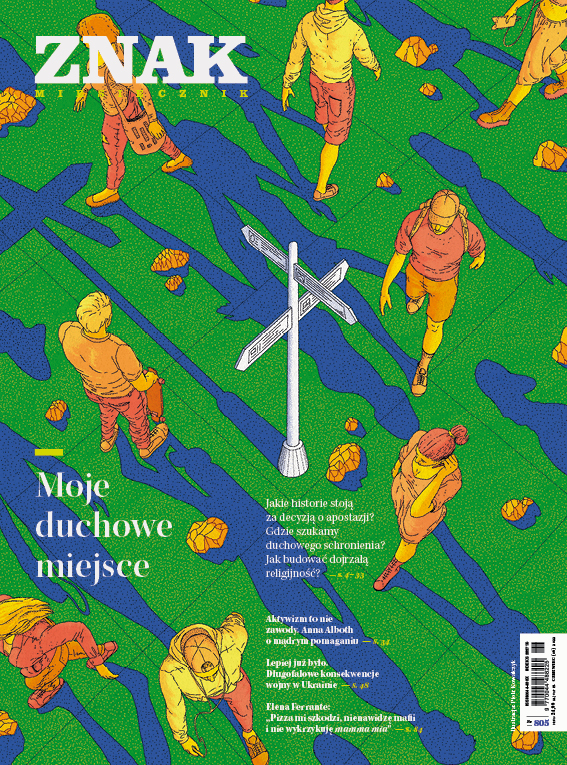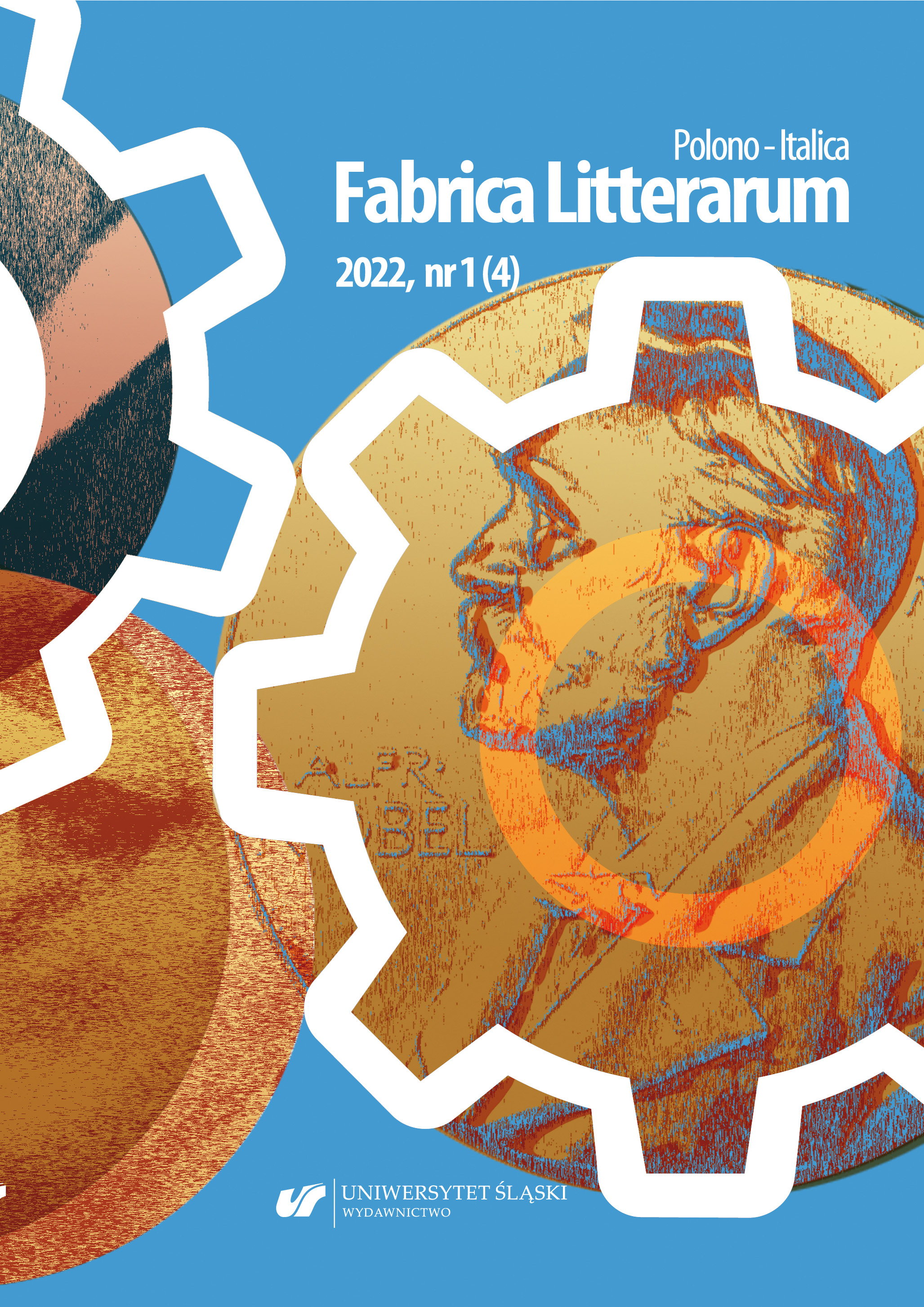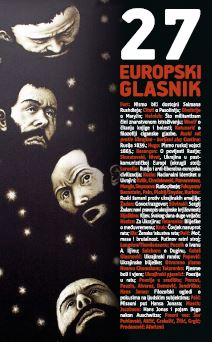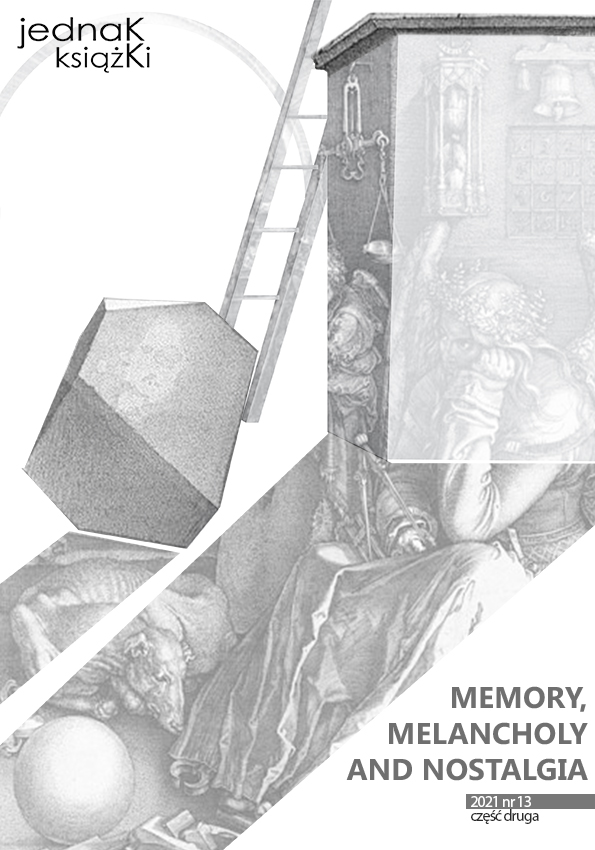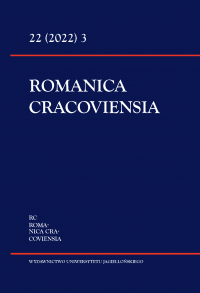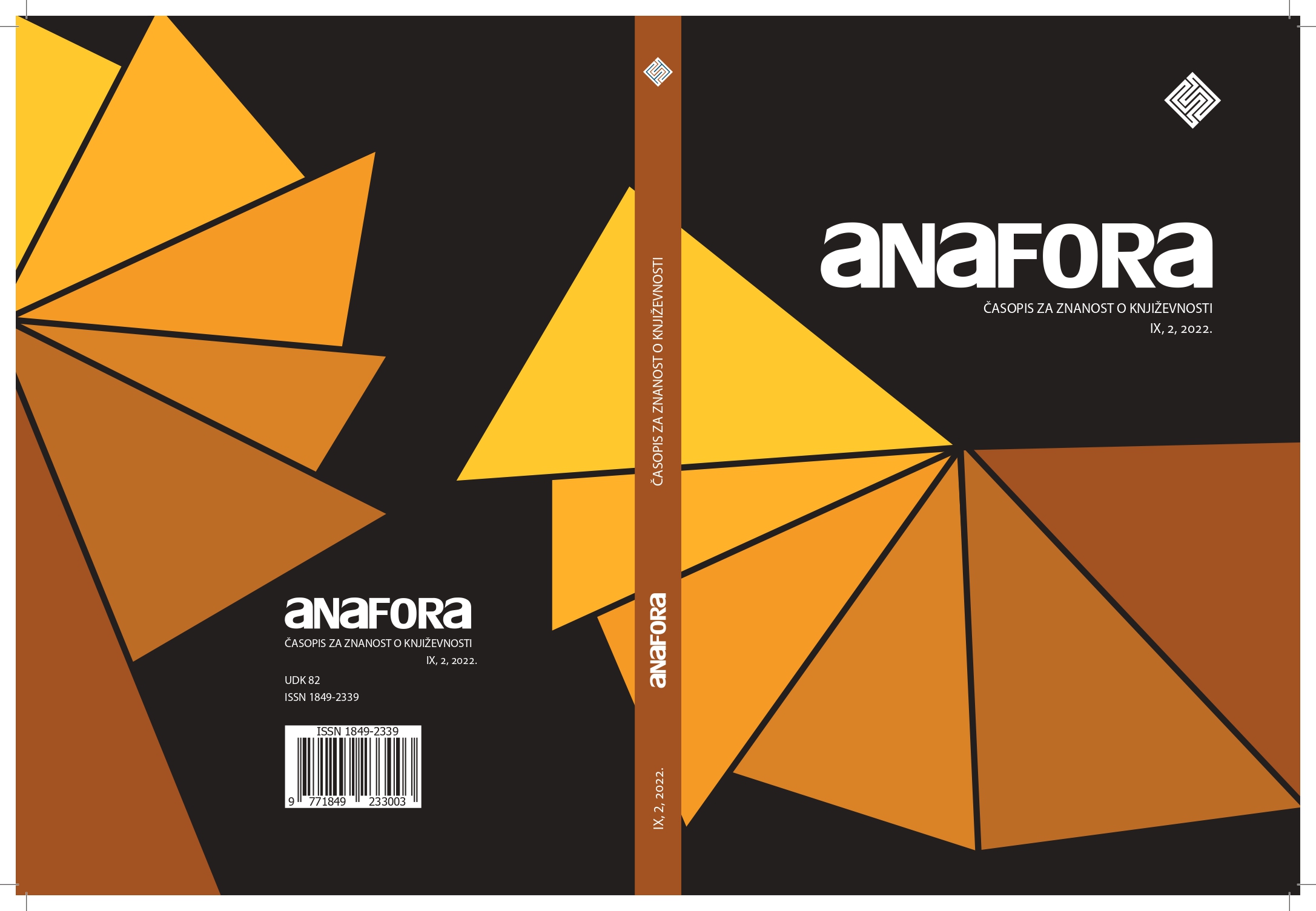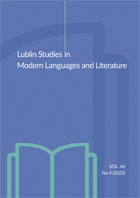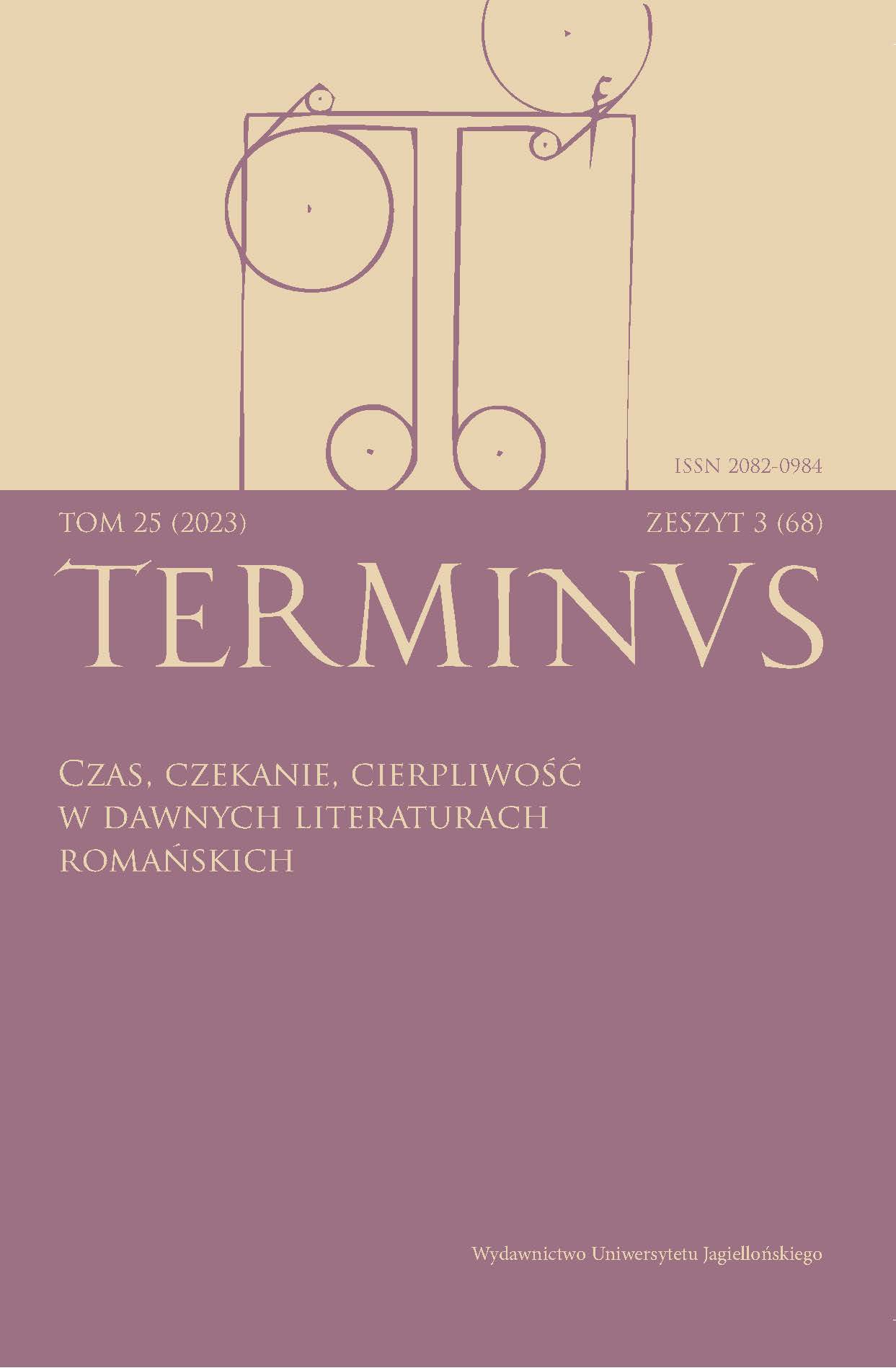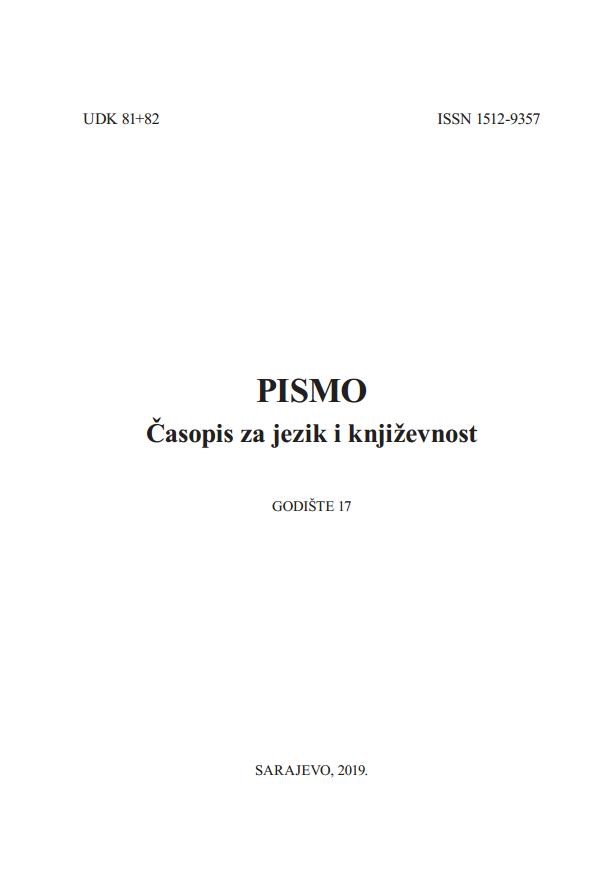
Sudbina i mit o povratku u Mjesecu i krijesovima
Continuous reflection on the myth is dominant in Pavese's complete oeuvre; it is about the primarily implicit (every so often also explicit) thought that stands out as the background of his poetics. Works such as Dialoghi con Leucò, as well as completely theoretical ones like Mestiere di vivere unequivocally speak of the importance of the Greek myth and mythology in modern times. However, this idea became an integral part of his poetics: of Pavese’s poetry and, especially, of his final novels. The influence of the specific parts of ancient and Greek civilizations which survived in the cultural sphere in Pavese’s time marks not only the author’s literary work but also the whole philosophical system that guided him. This includes above all the myth of return and of childhood as a bearer of secrets and symbols, as the key for the mysterious forces that lead to the inevitability of destiny, a constant in Pavese’s thought and poetics. The evolutionary path intersected by the cosmic dimension of this philosophy turns into a personal, historical, and complex dimension. In the light of such a vision of the world, ancient and constant, the author also observes his personality, and his characters become symbols and representatives of that thought. Since myth and symbolism are a broad topic, the subject of this paper will be more specific: we will deal with the myth of return by showing the implicit presence and influence of one version of the myth of Odysseus dominant in the character of the protagonist of the novel La luna e i falò. There will be due attention paid to the presence of other versions of Odysseus in Pavese, which are discussed in detail by Antonio Viselli in Between Myth and Mythology: The Multiple Odysseus in Cesare Pavese's La luna e i falò as well as Dough Thompson in Cesare Pavese, A Study of the Major Novels and Poems. However, this paper will be dedicated to the analysis of what imposes itself as the most interesting component of the novel: the similarities and differences between Anguilla (as a symbol of human destiny, but also of a part of Pavese's personality) and Dante's Odysseus, analysing the circumstances, the cause of the journey, as well as the inevitable ruin.
More...
